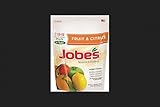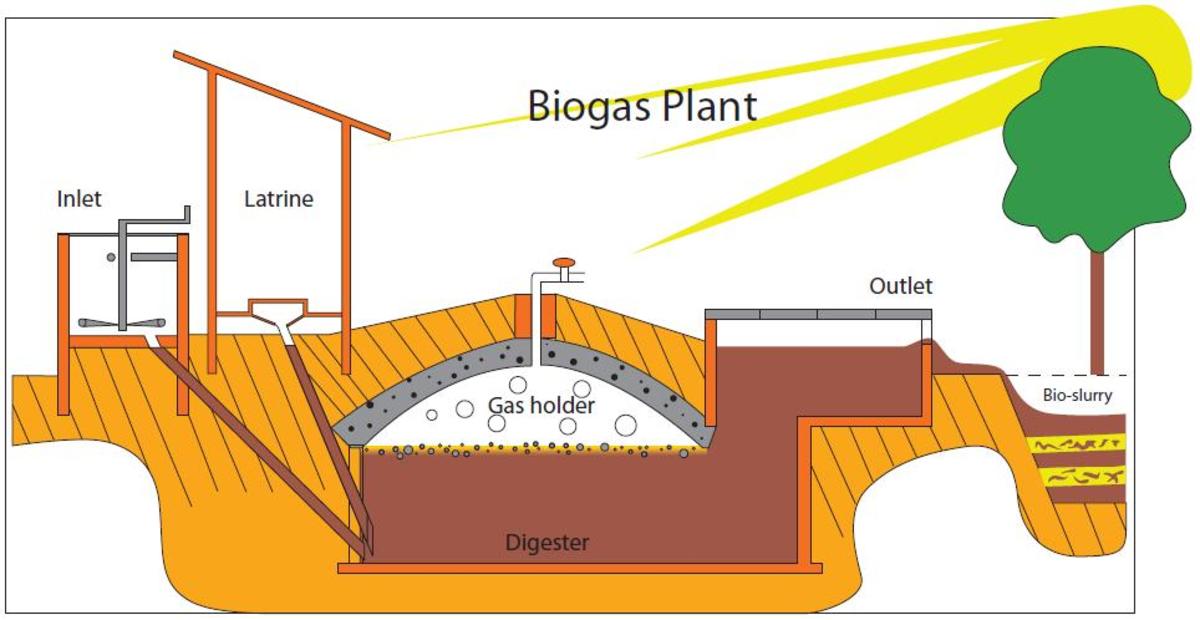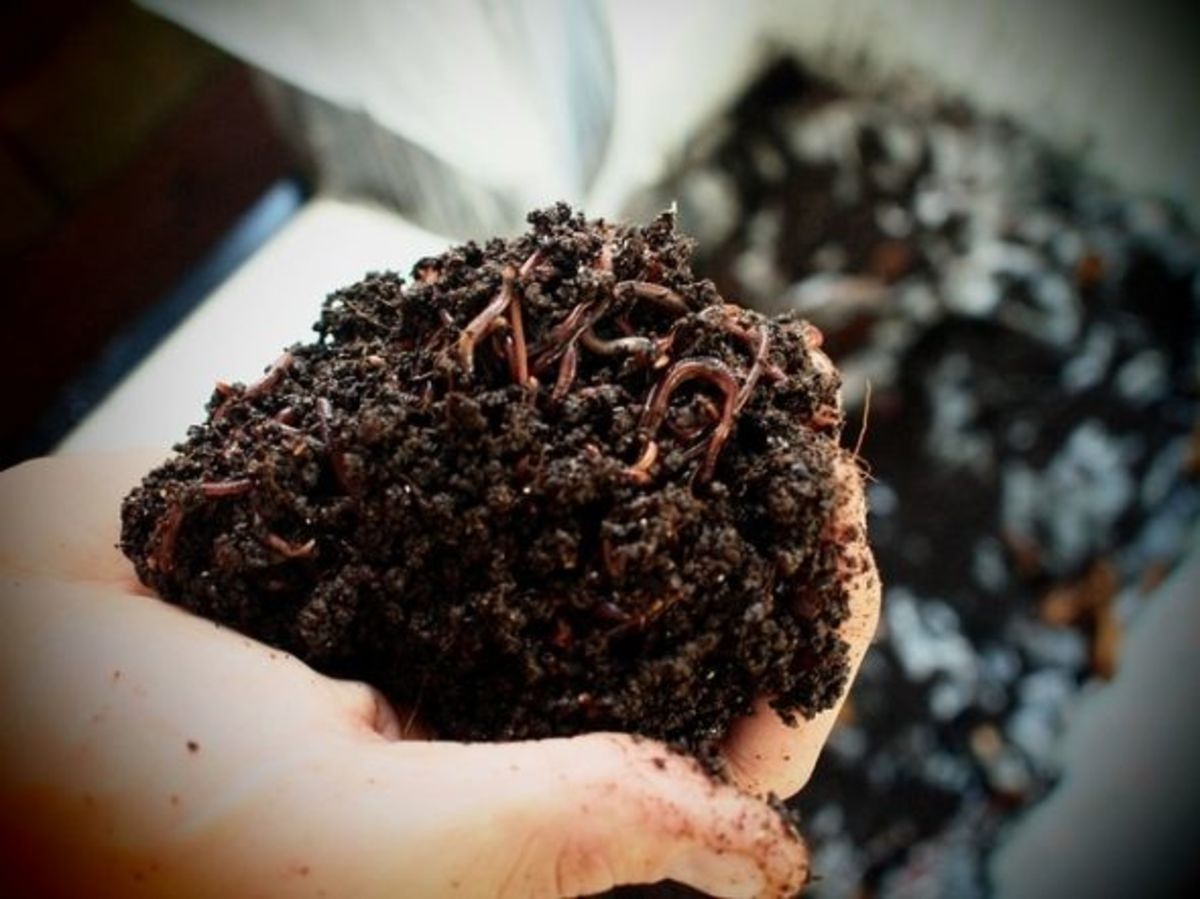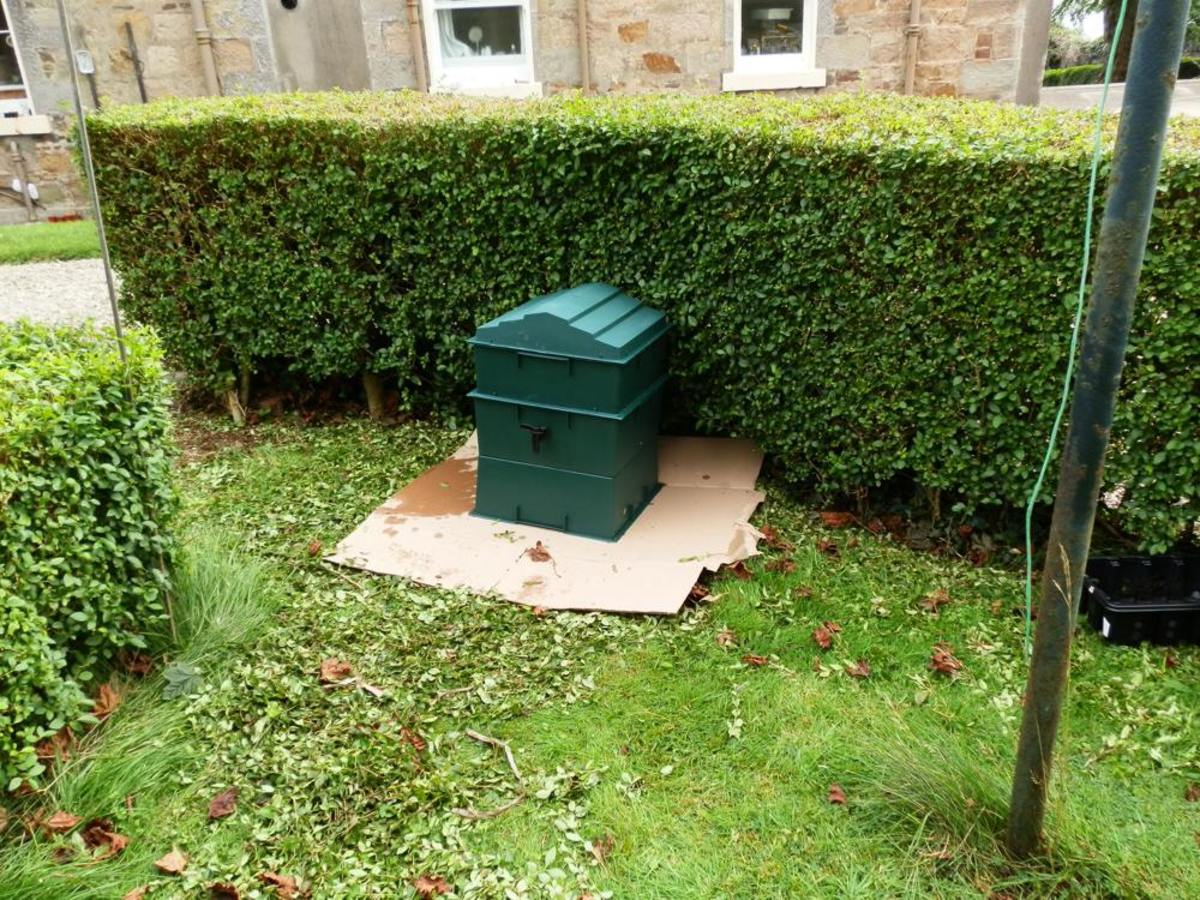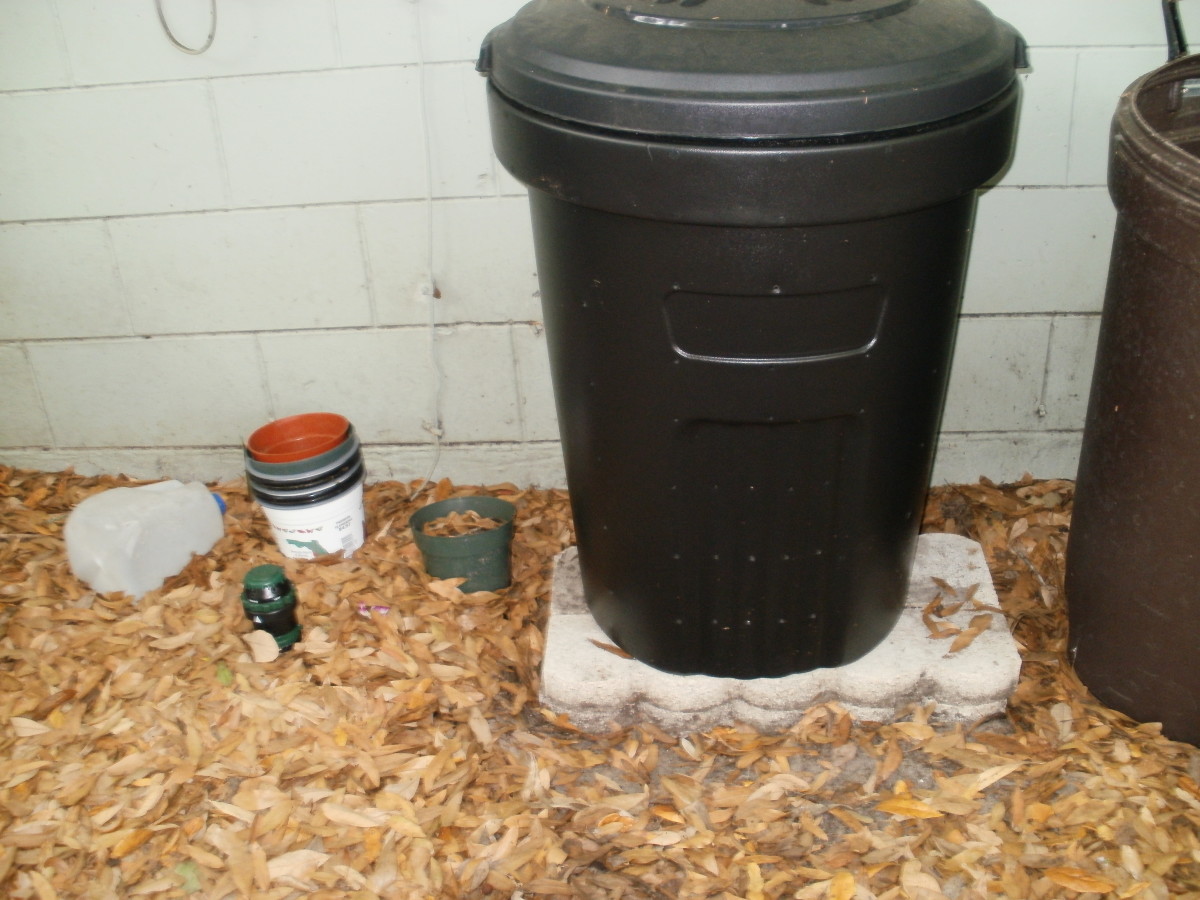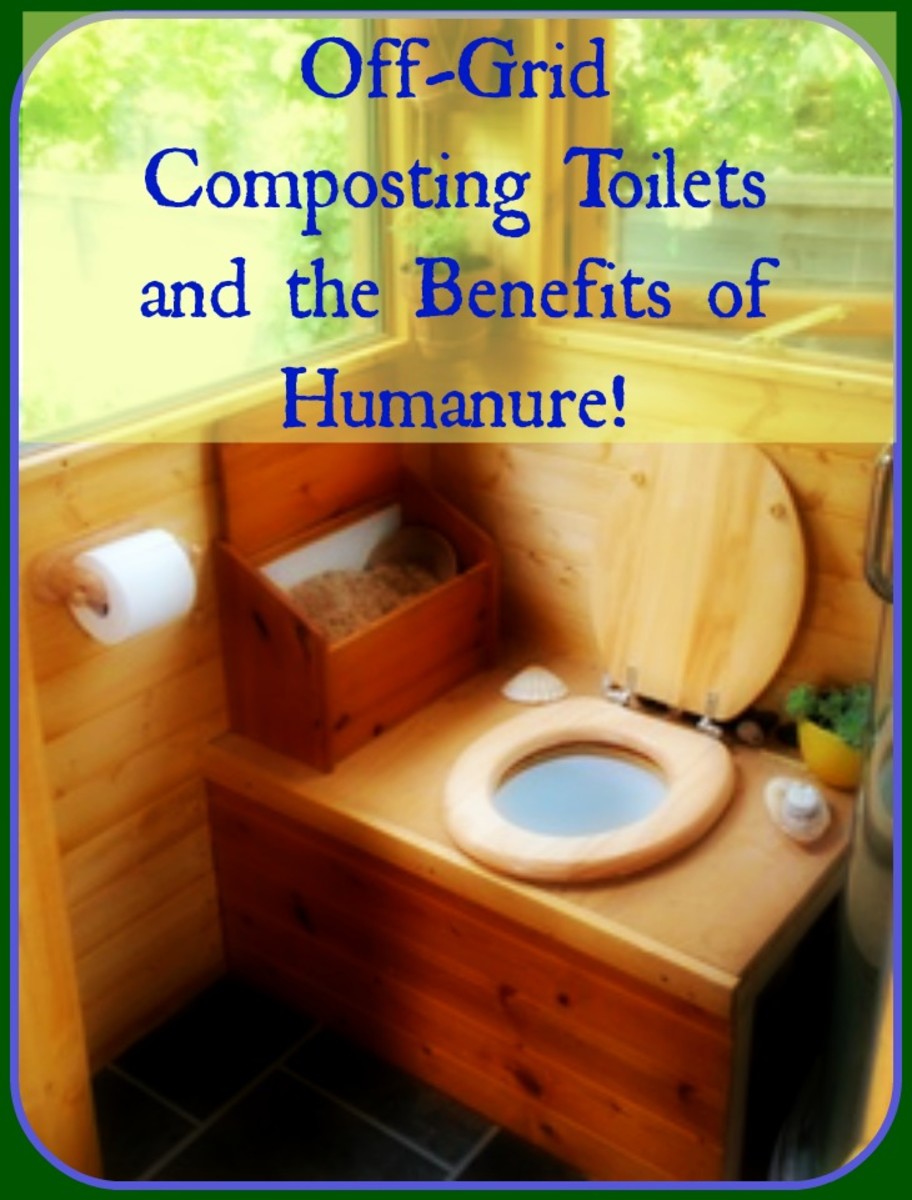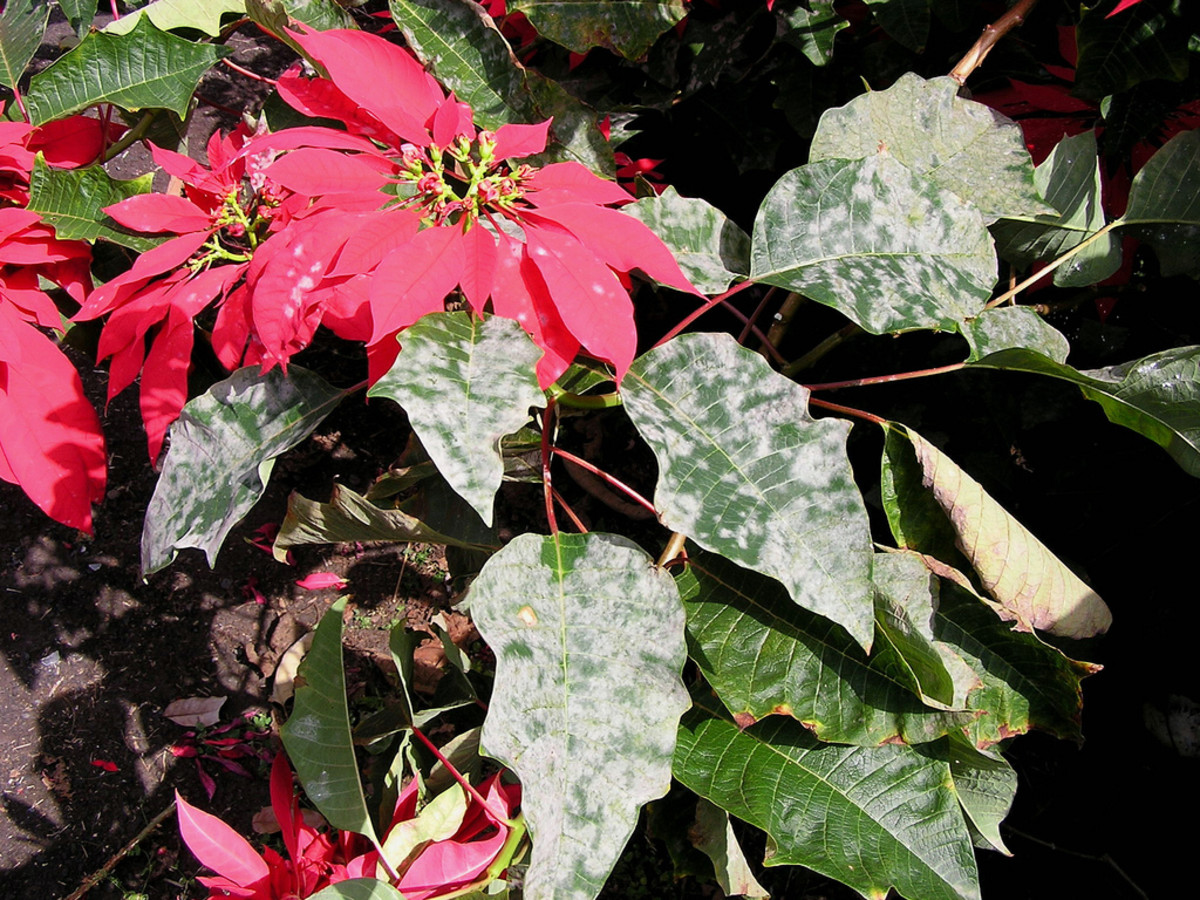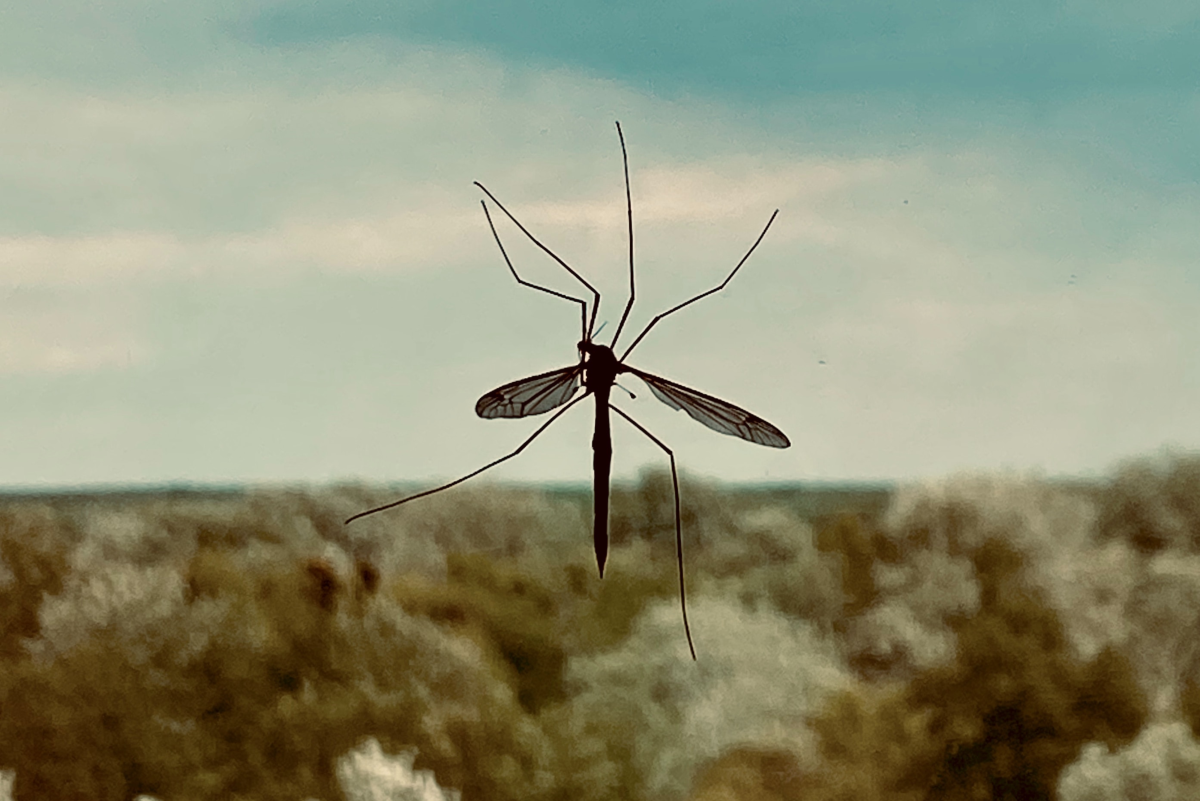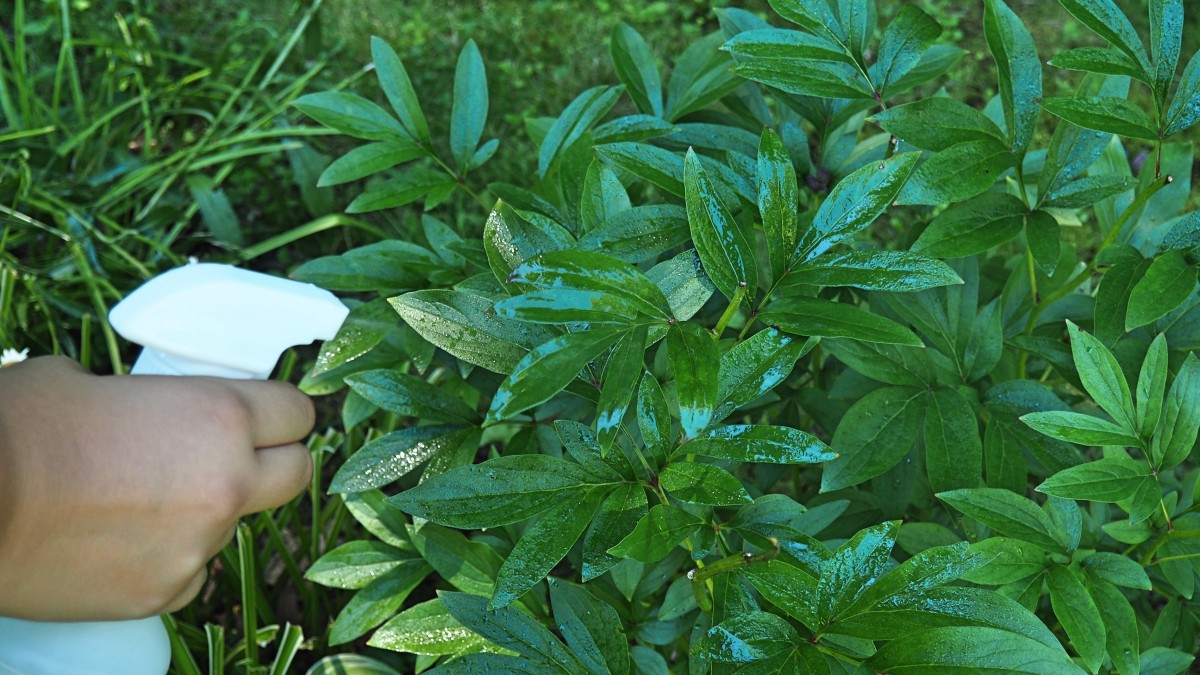- HubPages»
- Home and Garden»
- Gardening»
- Organic Gardening
How The Next 10 Years of Composting Will Beat the Last 10 years
As of right now, there are about 400 articles on Hub pages about composting. Most of these are How-to's on composting, and how to make your own composter. There's nothing wrong with that. Matter of fact, I made a hub on how to make a composter with old pallets, (check it out here: hub.me/ajdu6)
But after a little research and clicking on a few of them, I realized there are a few articles explaining what compost actually is. So I plan on showing you how far composting came, and where it might end up in the future as technology advances!
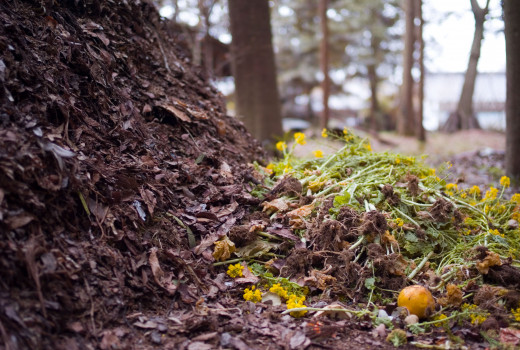
It's Alive!
What the Heck is compost, anyway?
Compost is any kind of organic material that has been decomposed and recycled as a fertilizer for your garden or yard. Compost is also a key ingredient in organic farming. In it's simplest form, a compost pile is a heap of wetted organic material known as Green waste (leaves, food waste,) waiting for micro-organisms to break it down into the final product, humus (not the food hummus.)
Humus is the product of degraded plant and animal matter that has nearly completely broken down.
Composting can be a great hobby
If you didn't know already, compost adds value to the soil. It also eliminates the need for synthetic fertilizers that can cost at least $11 (plus S & H) on Amazon.
Compost can be applied to your garden in as many ways as you can think. The traditional way is letting your compost "cook" first.
All the credit should go to nature for composting, although most gardeners take all the credit for it. Composting has been going on since the creation of time. Gardeners just speed up the process by building composters, etc.
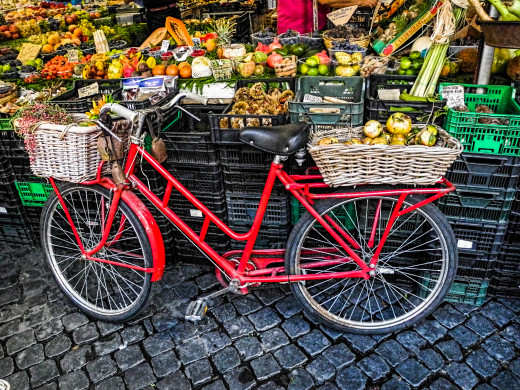
Why you should start composting
Not only is it good for the environment, compost can do a variety of things for you and the soil you use. Here's a list of why you should start composting today:
- Compost suppresses Diseases
- The beneficial organisms produced by composting render plant pathogens inactive. Some plant diseases that compost can suppress include: Potato blight, and Powdery mildew.
- Composting can increase the growing season
- Compost can improve the average soil state to a loamy, friable state!
- Composting serves as a pH buffer
- Soil pH is the measure of its acidity. For most plants the most desirable pH level is neutral. You can buy simple testing kits online for relatively cheap online or at a local hardware store!
- Composting is good for the earth
- When you compost, your reducing the amount of waste sent to a landfill. And the amount of greenhouse gases that are created at landfills.
- Kitchen waste, cardboard, paper, and yard waste and/or grass clippings are all ideal for compost. I’ll make a Hub on what to compost, and all that other jazz! Did you know that kitchen waste makes up 2/3rds of the waste sent to landfills
- Compost saves time
- Compost can increase soils capacity to hold water
- Composting saves you money
- Composting offers so much nutritional value that you don’t have to buy fertilizer again from a store.
Isn’t that kind of why you’re gardening to begin with, to save money?
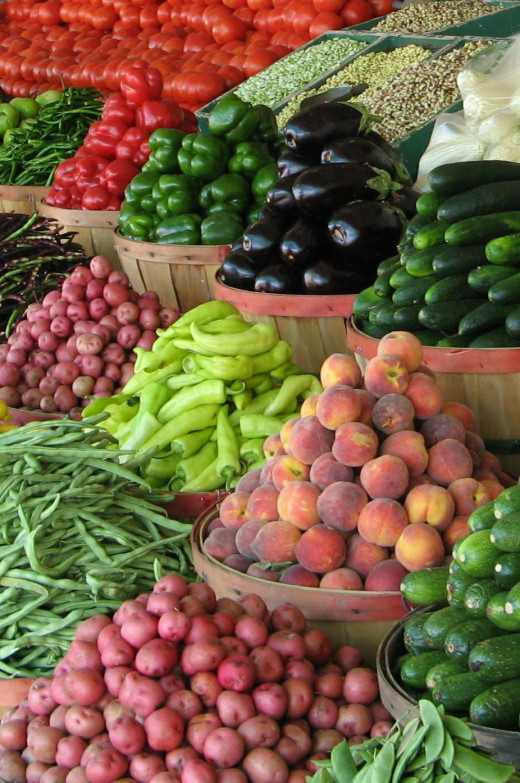
The future of Composting
The future of composting is looking bright! Although many Americans across the nation have started composting in their own backyards, many cities are enacting laws for you to compost. Instead of having garbage cans for recycling and trash, cities are now offering another one for compost. Just recently, Seattle has enacted a law that requires people to actually separate all their food waste now.
You can read on about here, if you want: http://www.seattle.gov/util/EnvironmentConservation/MyLawnGarden/CompostSoil/Composting/index.htm
Although composting has been around since the dawn of time, vermi-composting is becoming incredibly popular now! Don't know what vermicomposting is? It's simple, just composting using worms. Generally red worms!
Like I said about making a hub for How to Compost, I'll be sure to make a hub about vermi-composting, and how to build a vermi compost bin!
Resources
Where I got my info:
| The Idiots Guide To composting
| |
Where I got my photos
| Flickr.com
| |
Please, Check out my other hubs
I am in the process of creating more hubs related to compost, and I already have a hub on how to build a composter for next to nothing cost!

